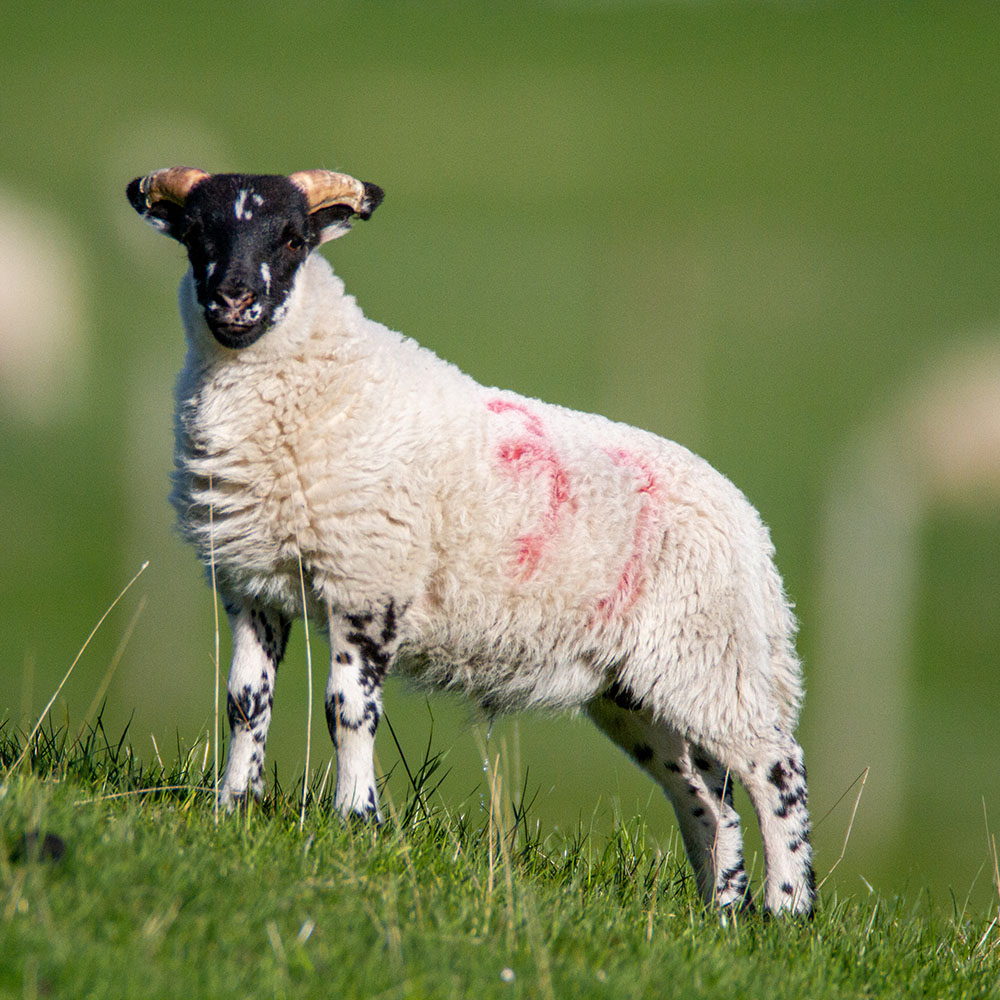So, with all the redundancy of the OFF Act, what is the real thrust of this Congressional proposal? The coalition formed in support of the act gives a hint to what is really at its core: a foot in the door for animal activist groups to slowly force livestock producers out of business.
Among the most vocal supporters of the OFF Act are Sen. Cory Booker (D-N.J.), a noted animal rights activist, and groups like Mercy for Animals whose mission statement reads, “Our mission is to end industrial animal agriculture by constructing a just and sustainable food system.”
As pushes for a plant-based diet continue to abound, it is important to keep in mind that agriculture is a holistic system. In the system animal rights activists envision, everyone would eat an organic, plant-based diet. However, without animal production, there is no organic produce production. And a plant-based diet is not a diet free from the killing of animals; it’s a diet filled with deaths wasted if we don’t consume the ungulates and birds killed to protect produce during its growth.
Checkoff programs are promotional and research organizations paid for by commodity producers through the sale of their goods including eggs, beef, Christmas trees, and many more items. The funds directed toward these organizations are taken directly from the producer or grower at the time of sale.
You’ve probably heard checkoff slogans without even knowing it. “Beef. It’s what’s for dinner,” “Got milk?” or “Pork. The other white meat” are great examples of checkoff slogans used to market a product. Checkoffs do more than market commodities though. They also fund research about everything from the nutritional benefits of a commodity to how soil content can affect product growth.
The current checkoff system is administered by the US Department of Agriculture, but each checkoff program is governed by people directly involved in production. In the cattle industry, it is the Cattlemen’s Beef Board; for the Christmas tree industry it is the Christmas Tree Promotion Board.
The OFF Act seeks to prohibit “activities to influence government policy or action that relates to agriculture.” However, all the research and promotion boards in the checkoff program are already prohibited from using grower dollars to pay lobbyists. It is easy to mistake lobbying organizations – the National Association of Wheat Growers or the National Pork Producers Council – for checkoff boards.
Just as the name suggests, the goal of checkoffs is research and promotion. The goal of lobby organizations like pork producers is, “advocat(ing) for the social, environmental, and economic sustainability of U.S. pork producers and their partners by fighting for reasonable public policy, defending our freedom to operate and expanding access to global markets.”
The OFF Act would require checkoffs to publish their budgets and expenditures. But checkoffs are already required to submit those documents to the USDA and are publicly available.
Finally, the OFF Act would also like to see an institution of ethics conduct monitoring for the checkoffs. However, checkoffs are already required to do that, too. The Code of Ethics under the Guidelines for AMS Oversight of Commodity Research and Promotion Programs begins with the following:
Each board will develop a Code of Ethics and distribute it annually to board members and staff. Each board, with the assistance of AMS, will also develop Disclosure Statements and Conflict of Interest Statements that will be signed and submitted by each board employee annually and by each board member prior to appointment to the board and annually thereafter.
People unfamiliar with food production can be forgiven for not knowing about checkoff programs. However, when Congress entertains trying to change a producer-funded and producer-guided program, it should know what rules currently exist before attempting to “fix” those rules.
But, in the case of the OFF Act, a fix of the checkoff program is simply a means to disguise the real effort behind it: ending animal agriculture by inserting animal activists into the regulatory mix. Specifically, enforcement of duplicative rules by groups of people staunchly opposed to checkoffs and to the raising of animals for meat.
Pam Lewison is the Director of Agriculture Research at the Washington Policy Center and a Pacific Research Institute fellow. She co-owns and operates a family farm in Eastern Washington state.


